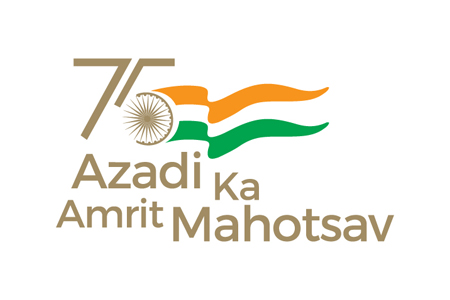CDEIC
Cross Disability Early Intervention Centre (CDEIC), PDUNIPPD is for infants and toddlers from 0-6 years of age who are at risk for developmental delays in areas of physical, cognitive, communication, social-emotional development, and adaptive development.
The Main Aim of Early Intervention:
- Early identification of infants at risk.
- Early identification of developmental delays.
- Enhancement of normal development.
- Acceleration of rate of development.
- Acquisition of new skills.
- Increase in independent functioning.
- Early detection and prevention of secondary handicap.
- Minimizing the effects of handicapping condition.
- Cost effectiveness.
- Psychological support to families.
Early intervention is important as a child’s brain is adaptable in the first five years of life. It forms the foundation for learning, behavior, and health. Intervention is more effective in the early stages of life. Early intervention helps the family and caregivers cope with academic demands and reduces the financial burden. The Centre follows a transdisciplinary approach where roles are shared across disciplinary boundaries, and cooperation among team members is maximized.
Cross Disability Early Intervention Centre (CDEIC), PDUNIPPD, New Delhi was virtually inaugurated on 17th June, 2021, by the honorable minister.
Units
The Centre has the following units:
- Reception and Waiting Area.
- Clinic, Feeding, and Changing Room/ADL.
- Physiotherapy and Transdisciplinary Therapy Unit.
- Speech Therapy & Audiology Unit.
- Family Counseling and Behavior Management.
- Occupational Therapy, Sensory Integration, and Visual Stimulation Training Unit.
- Preparatory School (0-3 years); Preparatory School (3-6 years).
Services Available
Clinic, Feeding, and Changing Room
- Early screening for the need for early intervention: Early identification of at-risk children by In-Charge, CDEIC.
- Nursing guidelines for handling and feeding issues in children by the nurse.
- Pediatric assessment and medicine prescription as needed by the pediatrician.
Physiotherapy Services
Provides therapeutic exercise, physical modalities, gait training, balance, and coordination exercises for conditions like:
- Delay in gross motor skills or developmental issues
- Cerebral palsy
- Erb’s palsy
- Congenital deformities
- SMA (Spinal Muscular Atrophy)
- Post-operative contractures
- Down’s syndrome
- Rickets
Speech Therapy Unit
Offers articulation therapy, oral motor therapy, fluency therapy, and voice therapy for children with:
- Delayed speech
- Spoken language disorder
- Fluency disorder
- Speech sound errors
- Voice disorders
- Hearing impairment
- Cerebral Palsy (CP)
- Autism
- Attention Deficit Hyperactivity Disorder (ADHD)
- Down’s syndrome
- Neurocommunication disorders
Family Counseling and Behavior Therapy
This unit includes a clinical psychologist for diagnosis. Assessment tools used include:
- DST (Developmental Screening Test)
- Vinland Social Maturity Test (VSMS)
- ISAA (Indian Scale for Assessment of Autism)
Therapies offered include:
- Psychotherapy (ABA – Applied Behavior Analysis)
- Cognitive Behavioral Therapy (CBT) for children with neurodevelopmental disorders, ADHD, communication disorders, learning disorders
- Counseling sessions for family, guardian, caregiver, and peer counseling
Occupational Therapy Unit
Includes sub-units for:
- Visual stimulation training
- Multi-sensory integration
- Occupational therapy
Services offered for children with:
- Intellectual disabilities
- Cerebral palsy
- Down’s syndrome
- Congenital disorders
- Gross motor delay
- Neurological conditions
- Autism Spectrum Disorder
- ADHD
- Learning disabilities
Pre-Preparatory School (0-3 years) and Preparatory School (3-6 years)
The objectives of the school unit are:
- Communication, language, and cognitive development
- Foundation literacy skills
- Motor and physical development
- Personal, social, and emotional development
- Training for school readiness skills



